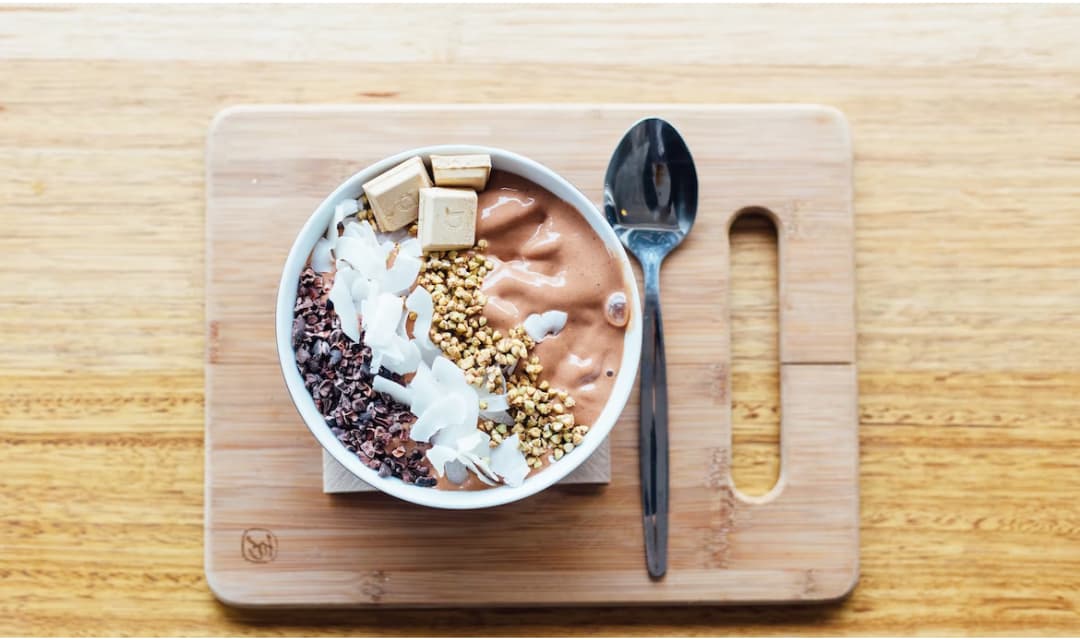If you have diabetes, managing the condition is a lifelong task. But did you know that there are some simple things you can do to help keep your diabetes under control?
In fact, following just eight healthy habits can make a significant impact on your health. So if you’re ready to take charge of your diabetes, read further for some valuable tips.
1.Get regular exercise
Exercise is important for everyone, but it’s especially crucial if you have diabetes. That’s because exercise helps to lower blood sugar levels and improve insulin sensitivity. And the benefits don’t stop there – regular physical activity can also reduce your risk of heart disease and stroke, two common complications of diabetes.
So how much exercise should you be getting? The American Diabetes Association recommends at least 30 minutes of moderate-intensity aerobic activity most days of the week. But even if you can’t fit in a full 30 minutes, any amount of exercise is better than none at all.
2. Wear diabetic socks
Wearing diabetic socks is a healthy habit for managing your diabetes for life. Diabetes can lead to serious foot problems, including nerve damage, infections, and ulcers. Wearing diabetic socks can help reduce the risk of these problems by keeping your feet dry and comfortable.
Diabetic socks are made from materials that wick away moisture, so they help keep your feet dry. They also often have padded soles to provide extra cushioning and support. This can help reduce foot pain and prevent blisters and calluses. In addition, diabetic socks usually have loose-fitting tops that don’t constrict blood flow. This is important because diabetes can cause poor circulation in the feet.
If you have diabetes, it’s important to choose socks that fit well and are comfortable. You can select the best diabetic socks available now on the market. Choose socks with a comfortable fit and made of materials that will help keep your feet dry, such as wool or cotton. Avoid socks with tight elastic tops that constrict blood flow or cause discomfort. You may need to try several different types and brands before you find the perfect pair. Be sure to consult your doctor or podiatrist to ensure that you’re wearing the right type of sock for your foot condition.
3. Eat a healthy diet
There are many benefits to eating a healthy diet, especially for those with diabetes. Eating a nutritious diet can help keep blood sugar levels stable, manage weight, and reduce the risk of complications associated with diabetes.
A healthy diet for people with diabetes includes plenty of fruits, vegetables, whole grains, and lean protein. Limiting processed foods, sugary drinks, and saturated fats is also essential. Following a healthy diet plan can help keep your blood sugar levels in check and prevent or delay the onset of diabetes-related complications.
4. Monitor your blood sugar levels
Your blood sugar levels give your healthcare team important information about how well your diabetes is being managed. When your blood sugar levels are too high or too low, it can indicate that your diabetes is not under control. Checking and monitoring your blood sugar levels regularly can help you and your healthcare team make changes to your diabetes management plan if needed.
There are a few different ways to monitor your blood sugar levels. The most common way is to use a home blood sugar meter. These devices are small, portable, and easy to use. You can find them at most pharmacies or online. Another way to check your blood sugar levels is to have a fingerstick test done by a healthcare professional. This involves pricking your finger with a small needle to draw a drop of blood, which is then placed on a test strip and inserted into the meter.
5. Take your medication as prescribed
Taking your medication as prescribed by your doctor to manage your diabetes is essential. When you don’t take your medication as prescribed, it can lead to serious health complications, including:
- High blood sugar levels
- Difficulty managing your weight
- An increased risk for heart disease and stroke
- Kidney damage
- Nerve damage
- Amputation (in severe cases)
So, it’s vital to ensure that you’re taking your medication exactly as prescribed and keeping up with any changes your doctor makes to your prescription. Additionally, it’s essential to monitor your blood sugar levels regularly and inform your doctor of any changes so that they can adjust your medication accordingly.
6. Visit your doctor regularly
If you have diabetes, it’s essential to see your doctor regularly. Why? Well, managing your diabetes is a lifelong process and your doctor can help you stay on track.
Your doctor can help you manage your diabetes by:
- Checking your blood sugar levels and keeping them under control.
- Helping you maintain a healthy weight.
- Making sure you’re getting enough exercise.
- Prescribing medication, if needed.
- Providing education and support.
- Monitoring your overall health and well-being.
- Referring you to specialists, if needed.
- Answering any questions you may have about living with diabetes.
If you have diabetes, regular doctor visits are essential to staying healthy. So don’t delay. Make an appointment today!
7. Quit smoking
When you have diabetes, your body cannot use insulin properly. This causes your blood sugar levels to become too high. Cigarette smoking makes it even harder for your body to use insulin.
Smoking also increases your risk for other health problems, like heart disease and stroke. People with diabetes who smoke are more likely to have heart attacks than people with diabetes who don’t smoke.
If you have diabetes and you smoke, the best thing you can do for your health is to quit smoking. Quitting smoking is hard, but it’s worth it.
8. Limit your alcohol intake
We all know that too much alcohol is bad for our health. But did you know that it can also be detrimental if you have diabetes? Drinking alcohol can cause your blood sugar to drop, which can be extremely dangerous. It can also interfere with the way your body uses insulin, making it harder to control your blood sugar levels.
That’s why you must limit your alcohol intake if you have diabetes. But how much is too much? The American Diabetes Association recommends that men limit themselves to two drinks per day, and women limit themselves to one drink per day.

If you choose to drink, it’s essential to do so responsibly. Have a plan in place in case your blood sugar levels drop. And always check your blood sugar before and after you drink to make sure it’s in a safe range.
Following these eight healthy habits can better manage your diabetes and improve your overall health. Remember, managing your diabetes is a lifelong commitment – but it’s well worth the effort.

